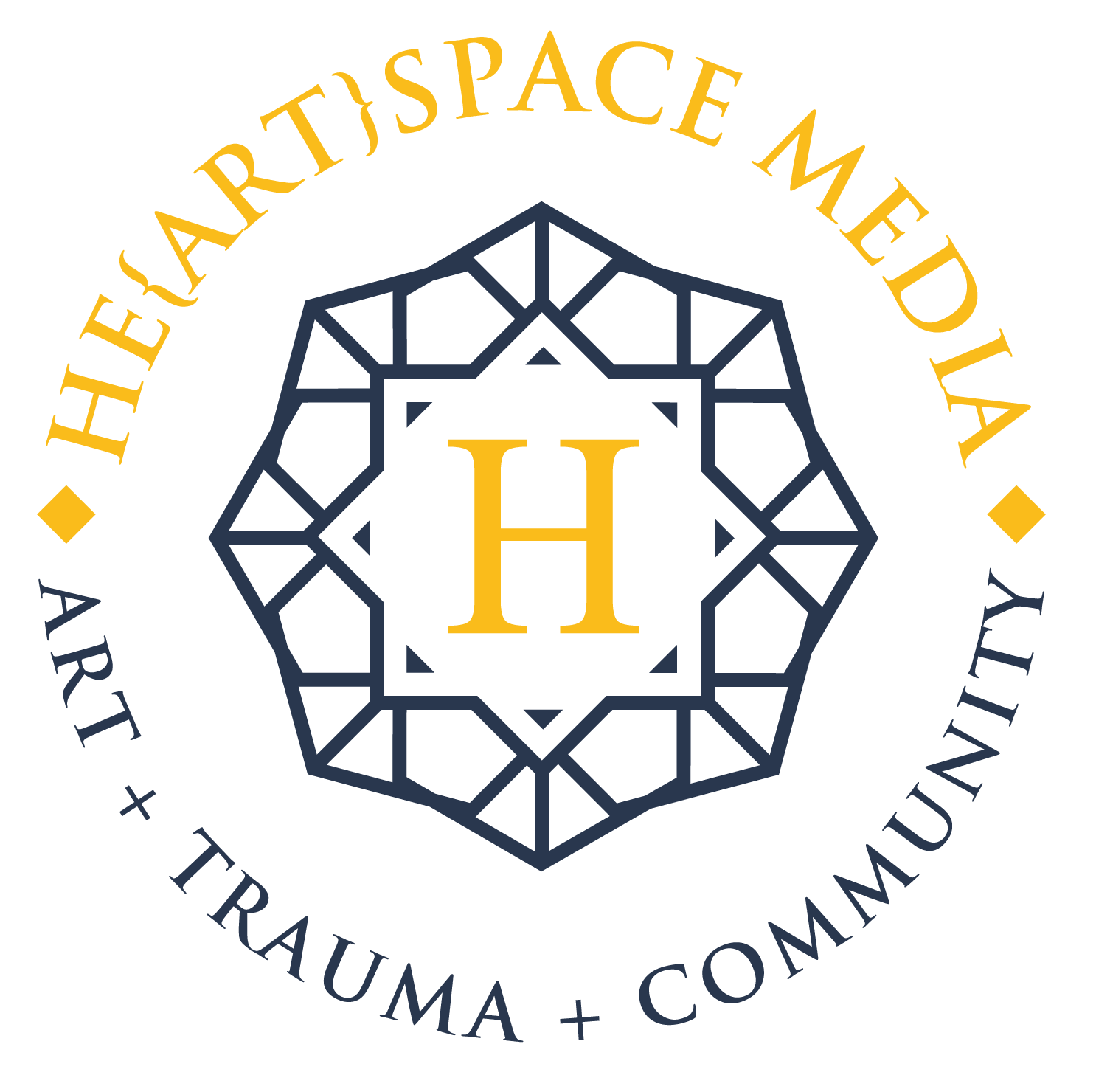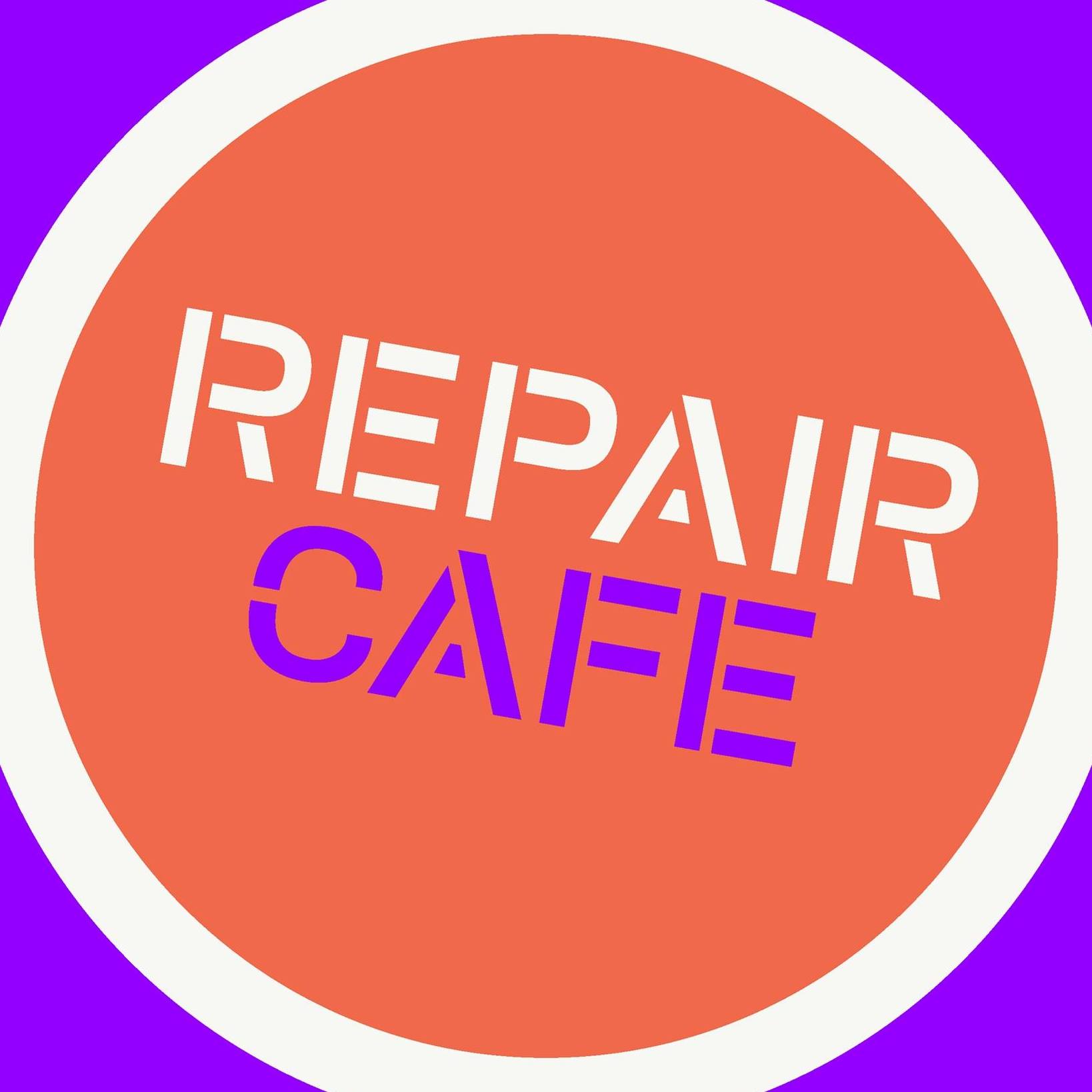
I love this concept. I haven’t been able to find it written about anywhere so I’m developing an introductory post about it here in my own words. This approach can be extraordinarily helpful in relating to one another.
When we’re conversing, it helps to listen in three ways at the same time in order to go way further than average into deeper levels of understanding between people.
The three parts are:
- Listen to Your Own Sh*t
- Listen Underneath The (Others’) Words
- Listen For (Higher) Wisdom
1. Listen to Your Own (Issues): Pay attention to what you’re feeling when someone is talking. What memories, thoughts or emotions come up in relation to what they’re saying?
A part of me recently felt wildly angry inside when confronted by another angry individual. I realized that I needed and wanted to get to the bottom of my reaction because it was out of proportion to the situation. (Turns out the person looked and moved like a past abuser.) Yet I also have grown a lot in understanding my own “good” anger – which signals someone is crossing my boundaries. This article by Hilary Jacobs Hendel and Juli Fraga in Health News From NPR calls the second kind of productive and helpful anger “core” anger and goes further to add,
“Once we are able to acknowledge our anger, we can work to release its charge so our nervous system returns to a calmer resting state. Naming and processing anger will reduce symptoms of depression and anxiety, which are often the result of blocked and buried emotions. And it allows you to work with your anger so it’s expressed in constructive ways.”
A Feelings Wheel (there are different ones, feel free to search online) can help identify emotions.
This one includes body sensations as clues to feelings.

2. Listen Underneath the Words: Ask and/or seek to understand where someone is coming from in regards to what they’re saying. Keep in mind that various cultural backgrounds (we each have cultural backgrounds based on our life experiences) effect our views of life. We’re shaped and influenced (it doesn’t have to be permanently, if it’s a harmful or skewed view) by the neighborhoods and home situations we’ve lived in, as well as for example our race, gender, and any workplace, school or religious experiences.
- Is the person you’re talking with expressing a legitimate reaction to something else (without realizing it), versus a simple opinion about the subject matter at hand? What might be some feelings represented?
It’s essential to remain non-judgmental during these first two types of listening. There are no wrong feelings. It’s only a matter of kindly observing in order to be more honestly and specifically in touch with ourselves and with each other. This approach is meant to be accepting and caring.
A caveat: It is not our job to feel the feelings of, or be responsible for, the feelings of others. We’re separate beings. ✅ This can be hard to fathom and to practice. Often in our society we’re taught that caretaking others is caring. It’s not. It’s codependence.
The program Adult Children of Alcoholics and Dysfunctional Families (ACA or ACoA) has extensively studied and put into practice what it means to be codependent and alternatively how to develop healthy relationships. Codependency can be another word for what the ACA Schematic describes as The Drama Triangle — a way of relating that involves all parties participating in the “game” of giving or receiving insult and injury, as a learned way of relating that is mistakenly understood to activate closeness. We think that to “help” or to control someone is to love them.
Alternatively within “workable relationships,” as ACA terms them, we enjoy mutuality and safety — including the security of not being interrupted and of true, respectful listening.
>> Important to note: our feelings often represent unmet needs.
Realizing this in particular was personally a game-changer for me. When for example I feel fear, it could be an internal twanging and reverberating back to unmet needs for safety in childhood (or adulthood).
All humans NEED (it’s not optional) things like: Trust, Compassion, Integrity, Recognition and Clarity.
*** A side note in all of this talk about good conversation is to assess the ability of the person(s) you’re talking with to BE non-judgmental. There might not be much available bandwidth for this sometimes, in which case it’s not advisable to engage at much of a deep level. Sometimes it’s hard to know this, especially at first with someone and it’s not the fault of the one who might get hurt, that they are hurt. The person who treats another with disrespect, blame or manipulation is the one whom needs to make a course correction.
If you trust the wrong person, offer compassion to yourself (and them), and move on in whatever way works for you. I like re-orienting myself via the outdoors and/or good films or fiction. Also if possible, debriefing and detoxifying with safe-enough people in conversation can be a relief.

3. Listen for Higher Wisdom: Lastly, “tuning into” or being open to insight in the moment ~ that might come from outside oneself ~ can sometimes result in highly dynamic and edifying discoveries and unexpected answers to questions and conundrums.
Seeking gentleness and truth from an external (but connected) Source of Universal, Pure Love, Divine Creator, or God(dess) – whatever your belief system – which operates with unconditional regard towards all and is generative versus destructive can transform interactions for the better. Wanting the good of all while attempting to listen to and/or be inspired by this kind of goodness can yield brainstorms and solutions that were not previously considered or available.
*** Another important note of caution: I regularly listen to the podcast “Was I In A Cult?” And this kind of “tuning in to a higher wisdom” concept is consistently abused and misused by those who prey upon we vulnerable people whom all seek essential belonging. A keen (but partial) ability to listen can also be misused by some when “data-gathering” details about our lives in order to use them against us later. Awareness is key. More attunement develops with practice. There are trustworthy people.

Whether we call it meditative kindness, nonviolent communication, intentional relationships or something else, this kind of thing can yield a lot of peace — something I surely want more of.
“Great communication begins with connection.”
– Oprah Winfrey, television producer and host, author, philanthropist
“I do not agree with what you have to say, but I’ll defend to the death your right to say it.” – Evelyn Beatrice Hall

Photo by Priscilla Du Preez 🇨🇦 on Unsplash
[These musings are my own informed thoughts and philosophical explorations & not intended as a substitute for professional advice or care. I wholeheartedly believe in and have experienced the significant beneficial effects of counseling and highly recommend it. I have not personally used but feel comfortable recommending BetterHelp if you’d like to seek that out for yourself.
Also, this man: Dr. Les Carter on YouTube, has some significantly helpful wisdom re: the sad prevalence of narcissistic behavior in our world and how to heal from its effects.]



